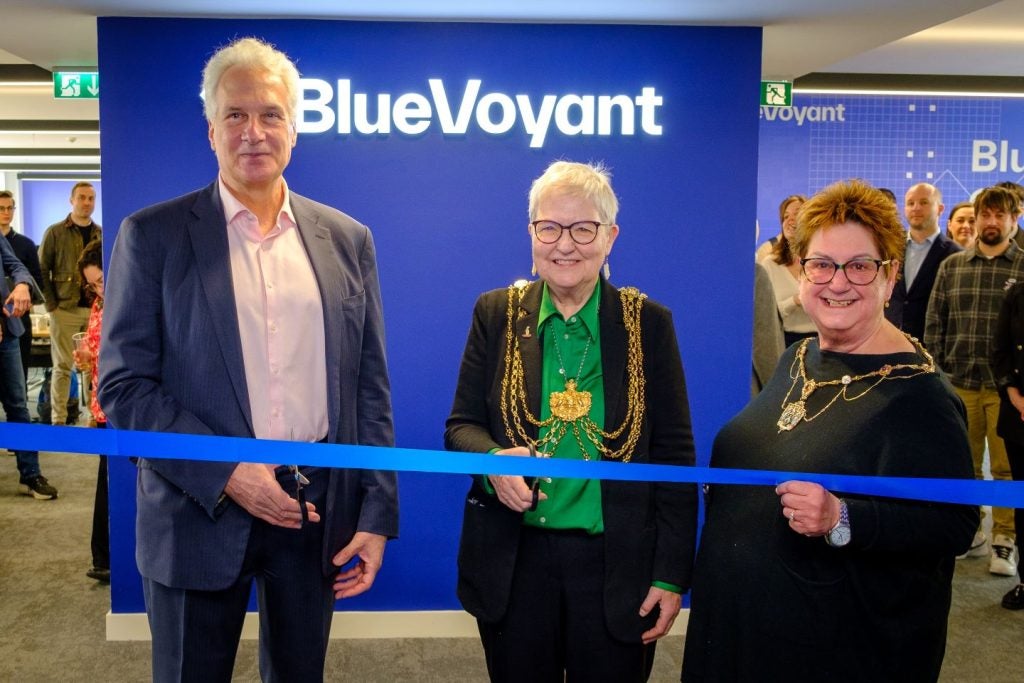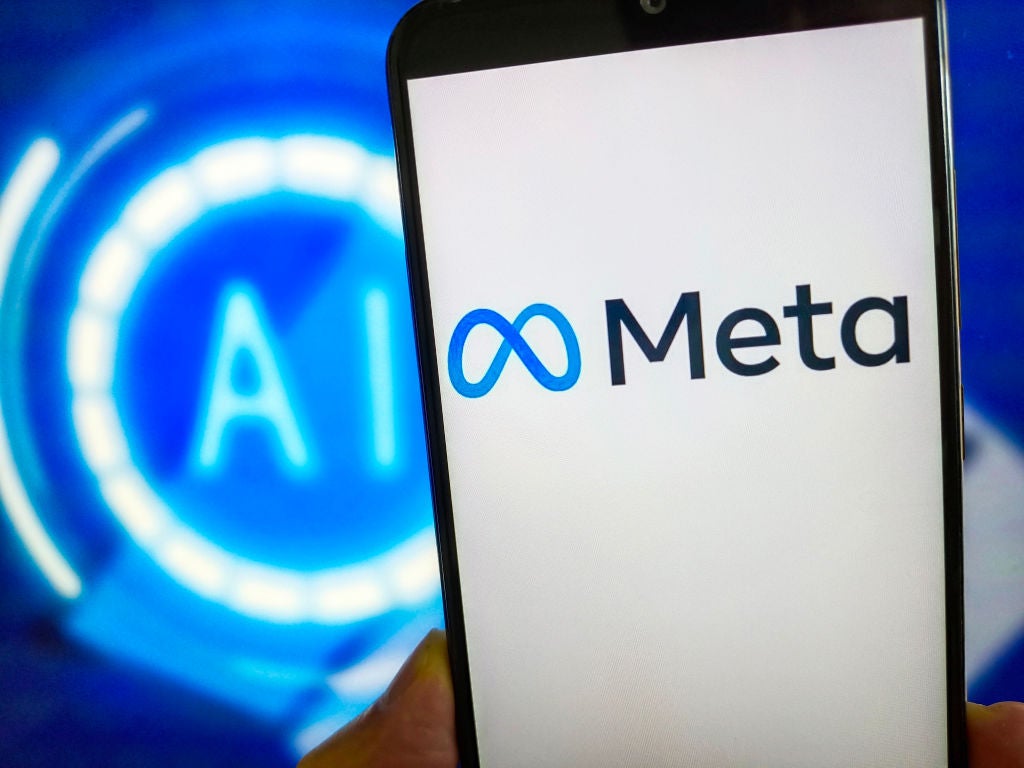
Welcome to the eduverse! A few weeks ago, in a session at the Mobile World Congress event in Barcelona, Esteve Almirall, associate professor at Esade and Director of the Center for Innovation in Cities, suggested that in education, a fully connected future within the metaverse is just around the corner.
He produced some compelling numbers. It is four times faster to train in the metaverse than in the classroom. People are 275% more confident to apply skills learned after training using the metaverse. Learners are four times more focused than their e-learning peers and 3.75 times more emotionally connected to content than classroom learners.
You might argue that we are already in the process of moving from the old physical classroom to the new virtual ‘classroom’. The metaverse works better than e-learning, it seems.
The eduverse is already on its way
It is still early days in the development of education in the metaverse. To be honest, many are still trying to understand what edtech is, never mind the eduverse. But some companies are well advanced in their thinking. One is the Danish edtech company Labster.
A recent profile in the Sifted newsletter profiled Labster’s creation of a new platform—which is heading towards an educational eduverse—where students can wander around a science campus and do virtual experiments or take VR-based medical training courses, and where teachers can build and share their own digital teaching materials.
Accelerated by Covid-19
In many industries, Covid-19 has accelerated the move toward digital transformation. And education is no different. Labster’s business took off when the pandemic closed many schools and, as more people outside the tech community better come to understand what the metaverse is and where its potential lies, it is clear that ideas such as the eduverse will start to develop. Schools, governments, and even some businesses still need to switch on to the potential of immersive virtual worlds.
How well do you really know your competitors?
Access the most comprehensive Company Profiles on the market, powered by GlobalData. Save hours of research. Gain competitive edge.

Thank you!
Your download email will arrive shortly
Not ready to buy yet? Download a free sample
We are confident about the unique quality of our Company Profiles. However, we want you to make the most beneficial decision for your business, so we offer a free sample that you can download by submitting the below form
By GlobalDataThe evidence seems to support the idea that immersive technology can help education. Labster argues that educators who use its virtual labs can increase their students’ average final course grades by more than 16%.
Big backers see the eduverse’s potential
11-year-old Labster has already raised $47 million from a funding round led by Sofina Group and Pirate Impact. That takes its total funding to $147 million. Investors that took part in the latest funding round included Owl Ventures, EduCapital, NPF Technologies, GGV Capital, Balderton Capital, Northzone, Swisscom Ventures, and David Helgason, founder of Unity Technologies.
Labster’s cofounder and CEO Michael Bodekaer suggests there has been a fundamental change in the nature of education over the last two years that confirms the high value of simulations offered in tandem with in-person, teacher-led coursework in a post-pandemic world.
Different groups are exploring different directions. One group, k20, regards the eduverse as a web3 virtual environment where educators can choose their own adventure: connect as avatars; learn and earn NFT micro-credentials; trade content; find jobs; and explore resources.
It adds that if educators are expected to change the world, then they should have access to the world’s best professional learning to optimize their impact. Enabling knowledge sharing, the group believes, would dismantle global silos in education. These are lofty goals. What is clear is that in the eduverse, as well as the metaverse, it is still very early days. Pay attention at the back—and watch this space!






